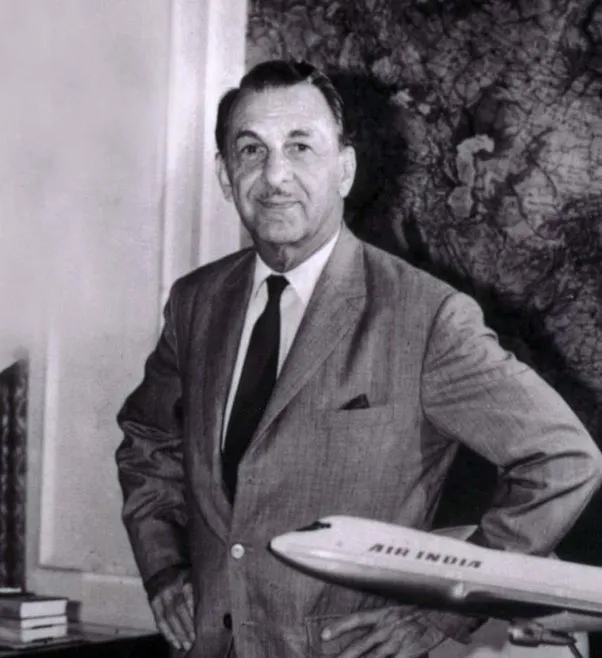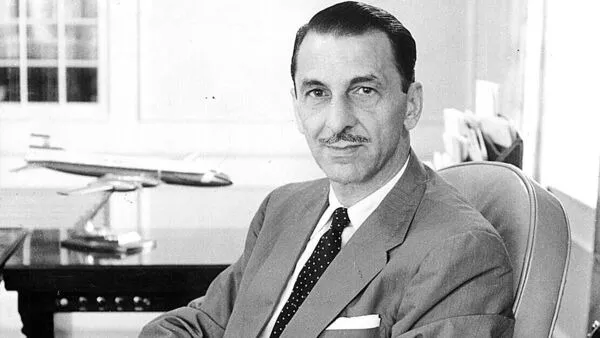Today marks the 120th birth anniversary of Jehangir Ratanji Dadabhoy Tata, affectionately known as JRD Tata, who is celebrated as the Father of Indian Civil Aviation. JRD Tata’s fervor for flying and his trailblazing efforts in aviation have left an indelible legacy in India’s skies.

JRD Tata’s fascination with aviation began at the tender age of five. The son of industrialist Ratanji Dadabhoy Tata, young Jehangir was mesmerized by airplanes during summer vacations in Northern France. He eagerly watched Adolph Pegoud, the chief pilot of Louis Bleriot—the first man to fly across the English Channel in 1909—land planes on the beach.
By the age of 15, JRD Tata was resolute in his desire to become a pilot. However, it wasn’t until nine years later, when a flying club opened in Bombay, that he could pursue his dream. At 24, he rushed to obtain his flying license. Though many registered before him, JRD was the first to pass the flying test. On February 10, 1929, he received his commercial aviator’s certificate, proudly bearing the ‘No. 1’ tag.

In 1932, JRD Tata revolutionized India’s aviation sector by establishing Tata Air Service, the country’s first airline, which later became Air India. Demonstrating his pioneering spirit, JRD piloted Air India’s inaugural flight on October 15, 1932, marking the dawn of a new era in Indian civil aviation. Even after the government took control of Air India, JRD remained its chairman, underscoring his unwavering dedication to the airline he founded.

Beyond aviation, JRD Tata’s tenure at the Tata Group was marked by the establishment of 14 new companies, including prominent ventures such as Tata Consultancy Services (TCS), Tata Motors, Tata Salt, Tata Global Beverages, and Titan. In 1956, he launched the Tata Administrative Service (TAS), modeled after the Indian Administrative Service (IAS), to nurture young talent within the Tata Group for leadership roles.
JRD Tata was a visionary in employee welfare. He was the first to introduce the concept of an 8-hour workday, and he pioneered free medical services and a provident fund scheme for employees. He also initiated compensation for workers in the event of an accident.

In the field of education, JRD Tata made significant contributions. He founded the Tata Institute of Social Sciences (TISS) in 1936, followed by the establishment of the Tata Institute of Fundamental Research (TIFR) in 1945, and the National Centre for the Performing Arts. Recognizing the potential of computers, he founded Tata Consultancy Services (TCS) as the Tata Computer Centre in 1968. Today, TCS stands as India’s largest IT company and the second-largest in market capitalization after Reliance. In 1987, he founded Titan.
JRD Tata’s remarkable contributions earned him the Bharat Ratna, India’s highest civilian honor, in 1992, making him the only industrialist to receive this prestigious award. He passed away on November 29, 1993, in a hospital in Geneva.
